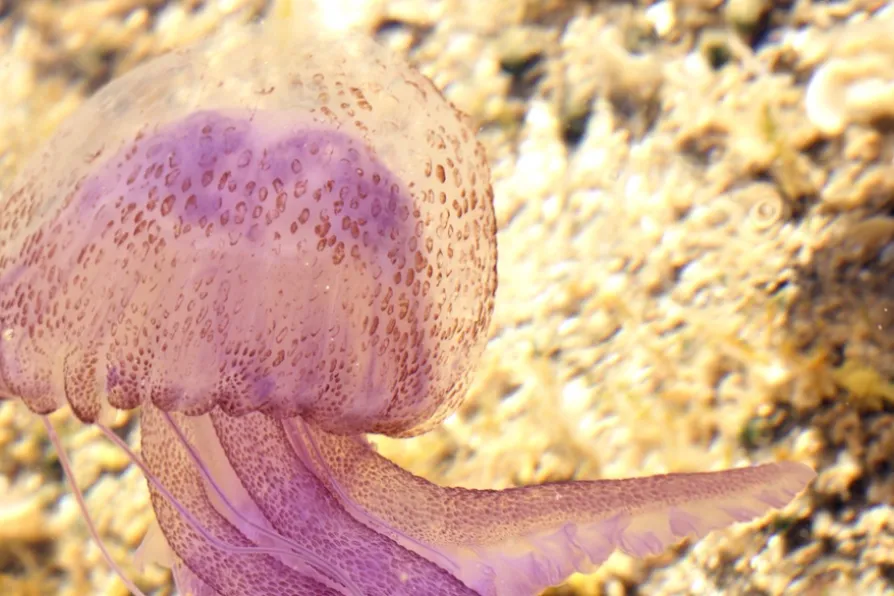The National Education Union general secretary speaks to Ben Chacko on growing calls to protect children from a toxic online culture

 Mauve stinger jellyfish
[Hans Hillewaert/Creative Commons]
Mauve stinger jellyfish
[Hans Hillewaert/Creative Commons]
THE exceptional storms over Christmas and New Year have seen a rapid increase in jellyfish blooms around our coast and it isn’t just along the British coast. Jellyfish numbers have also reached a worrying high in the Mediterranean.
It seems jellyfish numbers are increasing all over the globe and the scale of the population increase is both impressive and worrying.
One leading Italian marine biologist is urging us to start eating jellyfish both to reduce numbers and to give us a new cheap source of both delicious and nourishing protein.

Olive oil remains a vital foundation of food, agriculture and society, storing power in the bonds of solidarity. Though Palestinians are under attack, they continue to press forward write ROX MIDDLETON, LIAM SHAW and MIRIAM GAUNTLETT

MAT COWARD presents a peculiar cabbage that will only do its bodybuilding once the summer dies down













